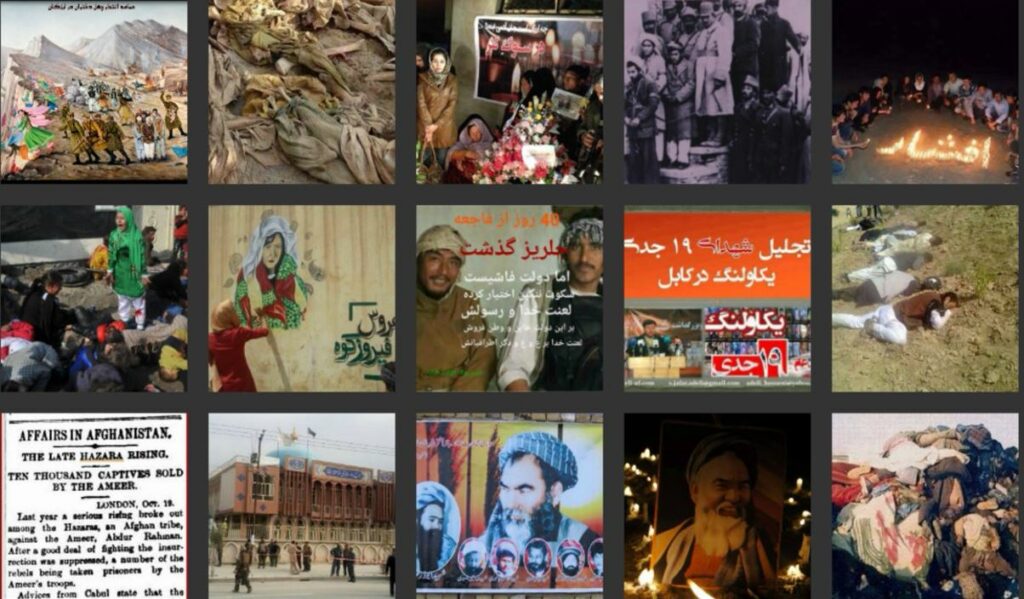In the aftermath of 2nd Anglo Afghan War (1879 – 1880) and decisive British military victory over Ayub Khan in the battle of Baba Wali just outside southern Afghan city of Kandahar, the British selected Amir Abdur Rehman as new Amir of Afghanistan, who in return not only ratified the Treaty of Gandamak but also promised to help British achieve all their geopolitical ambitions in the region. Due to its suspicion of Tsarist Russian expansionism in Central Asia, the British wanted a strong central government in Afghanistan to serve as buffer zone between British India and Russian Empire. The new Amir promised the British government that he would maintain Afghanistan’s neutrality so as to prevent any Russian influence in the region. He received promise of massive British military assistance and aid to help him curb any domestic and foreign pressure.
The new cunning Afghan Amir knew how to cash in on the British obsession with Russian expansionism in the region. The British turned a blind eye while Amir engaged in crushing the local uprising in the country, especially the Hazarajat uprising of 1888 to 1893, with brutal force and unimaginable cruelty. The Great Game might be referred to as the diplomatic and political confrontation between two great powers of the 19th century, but in reality it was fought in the rugged terrain of central Afghanistan. Millions of people paid a price because of their ethnicity and religion. Hazaras were subjected to ethnic cleansing, with over 60% of their population decimated or forced to flee over a period of 5 years. After the war, thousands of women, girls and children were sold like cattle in cities right across Afghanistan and other neighboring countries, and were well documented and reported by world media at that time. However, despite the fact that Hazara genocide was an open secret, the official history of Afghanistan barely mentions the systematic state-sponsored annihilation of millions of perished lives.
Advocating for Hazara Genocide of 1890 – 1893 that took place in Afghanistan under Amir Abdur Rehman to be recognized by the human rights bodies across the world, is neither asking for revenge nor inciting any hatred toward any ethnic group. It is to give a sense of justice and closure to those millions of souls who lost their lives while protecting their families, way of life and homeland from aggressors. Luckily, there are a number of respected individuals and different groups involved in the process of highlighting the Hazara cause and Genocide before the world audience. The process of international recognition of Hazara Genocide would not only help Hazaras heal their century old wounds but would also highlight the plight of Hazara people in Afghanistan caught up in current geopolitical situation due to rise of Taliban and religious extremism.
In the past few years, some Hazaras proposed to celebrate the 25th of September as Hazara Remembrance Day due to the fact that fall of Uruzgan happened on the same date in year 1893, while others suggested 1st of October as Hazara Solidarity Day exactly on the same notion. They observe candle-lit vigils and public gathering to educate the masses about the horrible atrocities that were committed against civilian population of Hazarajat more than a century ago while the same animosity is still prevalent against Hazaras in Afghanistan and Pakistan in the name of ethnic and religious purification.
Hazaras are going through one of the roughest times in their modern history, so they need to focus on similarities instead of differences. In order to fight any injustice or prejudice, the Hazaras must come together and as a sign of solidarity they could commemorate Hazara Genocide Remembrance and Solidarity Week from 25th September to 1st of October every year instead of allocating just a single day for such an important and significant purpose. This will give them plenty of time and resources to allocate each day of the week for a particular activity relating to the above common cause. This week of remembrance and solidarity could bring the whole community together and help to channel their limited resources in a right direction. Unity is power as the saying goes, united we stand, divided we fall.
Starting this coming September, during the remembrance and solidarity week, individuals and groups working with Hazara genocide could start an “International Hazara Genocide Recognition Campaign” on change.org to motivate and mobilize Hazaras all over the world. Keeping in view the simplicity and practicality of this online campaign they can hope to get a very successful results and would help to take their cause a step further.
